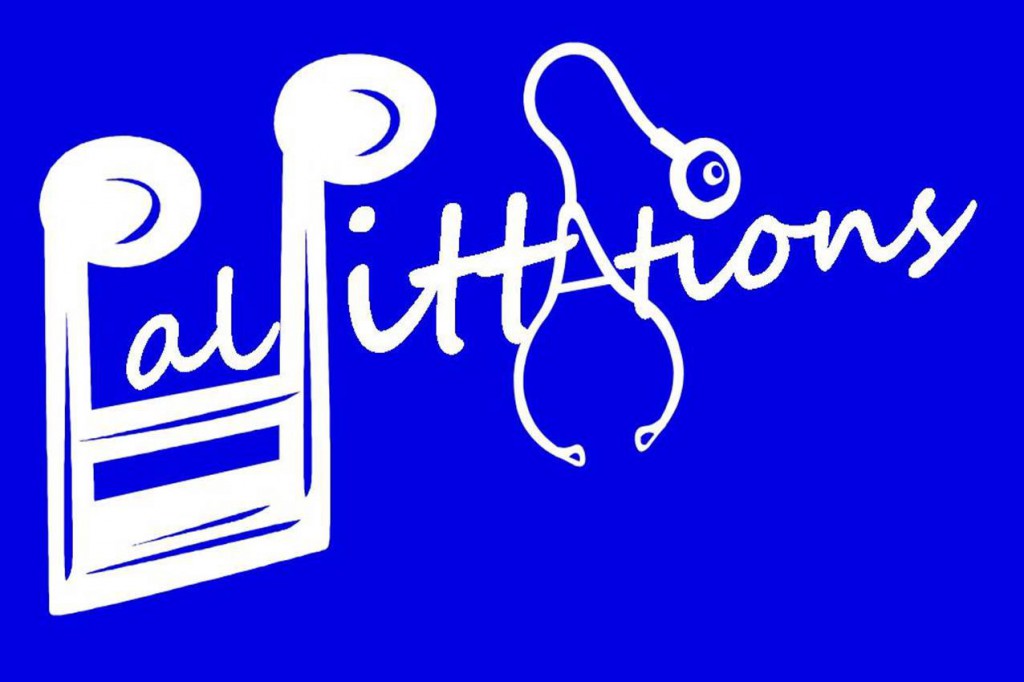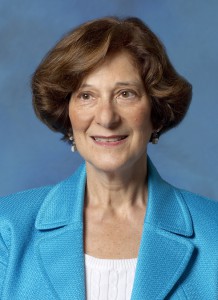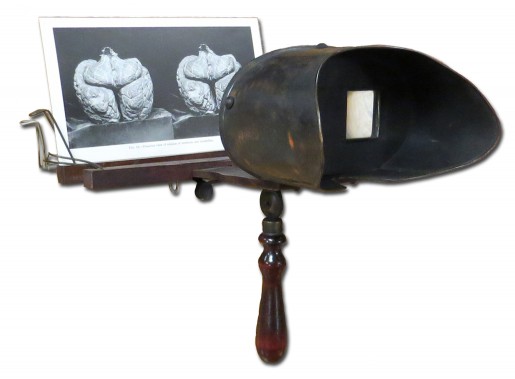The HSLS Staff News section includes recent HSLS presentations, publications, staff changes, staff promotions, degrees earned, etc.
Presentations
Lydia Collins, consumer health coordinator, NN/LM Middle Atlantic Region, presented “More Than a Bandage: Health Information Resources for K-12 Professionals,” at the Delaware School Nurse Association Fall Conference in Dewey Beach, DE, on November 15, 2014; “Online Resources to Support Mental Health: Information for Clinicians and Patients,” at the Pennsylvania Behavioral Health and Aging Coalition in State College, PA, on November 17, 2014; and “Combatting Information Fatigue: Health Information Resources for Veterans,” at the Pennsylvania Veterans Forum in Grantville, PA, on November 19, 2014.
Barb Folb, public health informationist, taught “Systematic Reviews: Skills to Develop Literature Searches, Manage Results, and Evaluate Findings,” at the APHA 142nd Annual Meeting & Expo, in New Orleans, LA, on November 15, 2014. Co-instructors were Helena VonVille1 and Joseph Nicholson2.
- Library Director, University of Texas School of Public Health, Houston, TX;
- Coordinator of Systematic Review Services, Education and Curriculum Librarian, NYU Langone Medical Center, New York, NY.
Carrie Iwema, molecular biology information specialist, presented “The Perils & Promises of Genomic Medicine,” at the annual meeting of the MLA Upstate New York and Ontario Chapters in Saratoga Springs, NY, on October 24, 2014.
Michele Klein-Fedyshin, reference librarian, presented a poster titled “Information-Seeking Patterns and Skills of Hospice and Palliative Nurses: Implications for Librarians Seeking New Frontiers,” at the 2014 MAC/MLA Annual Meeting in Alexandria, VA, on October 20, 2014.

 Get into the holiday spirit by joining us for a holiday concert performed by the PalPITTations, an a capella vocal group of health sciences students from the University of Pittsburgh. The PalPITTations will perform on Friday, December 12, at noon, on the upper floor of Falk Library. Light refreshments will be served. All are welcome for this free concert.
Get into the holiday spirit by joining us for a holiday concert performed by the PalPITTations, an a capella vocal group of health sciences students from the University of Pittsburgh. The PalPITTations will perform on Friday, December 12, at noon, on the upper floor of Falk Library. Light refreshments will be served. All are welcome for this free concert.
